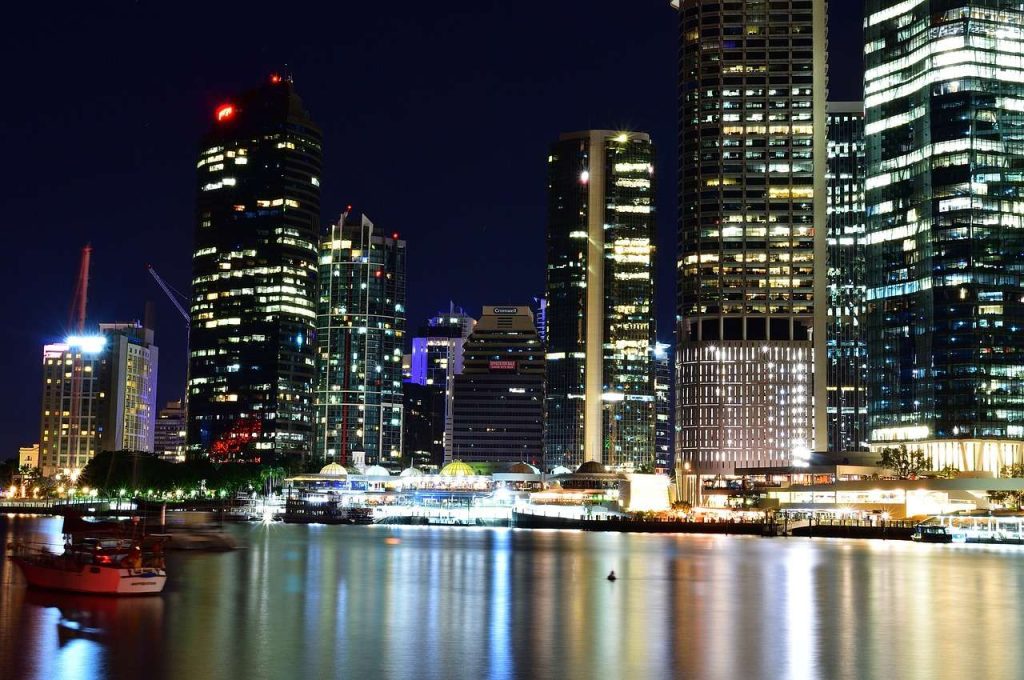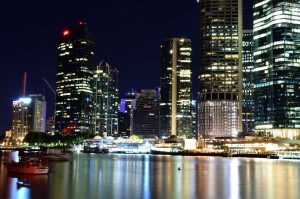Brisbane Lord Mayor Adrian Schrinner Calls For Daylight Saving

As southern states begin their clock adjustments, Brisbane Lord Mayor Adrian Schrinner has renewed calls for Queensland to trial daylight saving time.
Supporters of the policy believe it would spur tourism, increase after-work swims, and make life simpler for rural workers; while critics contend it will disrupt tradies’ sleep cycles, confound livestock management decisions, and force people out of bed before sunrise.
Table of Contents
Why do we change our clocks?
As spring transitions into autumn, New South Wales, Victoria, South Australia, Tasmania and the Australian Capital Territory will observe daylight savings by setting their clocks forward an hour. Queensland, Northern Territory and Western Australia do not observe daylight savings time.
No matter the pranksters may think, daylight saving does have serious negative ramifications for humans. Researchers have warned of its ability to lead to sleep deprivation, mood disorders and even shorter lifespans – not something anyone wants.
Queensland voters have repeatedly opposed plans to implement permanent daylight saving time (DST), according to polling evidence. Polls suggest a majority in Queensland’s south-east oppose DST while residents in its tropical areas prefer its later sunsets. But Schrinner believes staying on standard time all year would create one east coast time zone and facilitate doing business across states more easily.
How do we change our clocks?
Australia’s time zones are established through state legislation. Daylight Saving is observed in New South Wales, Victoria, Tasmania and South Australia as well as in Australia Capital Territory, Jervis Bay Territory and Norfolk Island; Queensland Western Australia and Northern Territory do not observe DST.
Dr. Sigler points out that proponents of daylight savings assert it would boost the economy with people spending longer out and about; on the other hand, trades and laborers say earlier sunrises make their jobs harder. Dr Sigler highlights this topic is highly contentious within communities like Coolangatta and Tweed Heads which sit straddling two time zones on either side of NSW border.
At its core, a referendum on daylight saving is simply a political hot potato; not binding decisions of state legislatures or even referendum committees can take action on such social issues directly to voters for democratic input; many politicians remain wary about exposing such matters to democratic debate directly through mass participation.
What is daylight savings?
As we move the clocks ahead an hour this weekend, many Queenslanders may question whether the Sunshine State should synchronise its time zone with those of southern states. University of Queensland associate professor Thomas Schrinner believes it’s time for another debate over daylight saving – especially as 2032 Olympics approaches for Brisbane.
Although people have different motives for supporting and opposing daylight savings, most tend to support it for greater evening activity and reduced road accidents and energy usage (by eliminating artificial lighting) while improving people’s wellbeing by taking advantage of long summer evenings.
But, he cautions, any decisions must be based on evidence and take health and socioeconomic considerations into account when making their decision. He suggests people can help minimize any effects of changing clocks by gradually altering their sleep schedule in the days leading up to it and engaging in physical activities, natural sunlight exposure and avoiding caffeine or alcohol during evening hours.
What are the benefits of daylight savings?
Daylight savings offers many advantages, from making evening activities more pleasant to reducing travel time in darkness. But daylight savings also has its drawbacks, including disrupting our circadian rhythm and leading to sleep issues, headaches, or an overwhelming sense of jet lag.
Experts generally recognize the many advantages to adopting DST, while some might see some drawbacks to doing so. One way of preparing is adjusting your bedtime several days in advance while making sure your electronics update automatically.
Queenslanders appear divided on whether or not daylight saving time (DST) should be implemented, with polling showing tradies and blue-collar workers preferring not implementing DST while high income earners and white collar jobseekers support it. Yet implementation would present logistical hurdles: Queensland’s vast size requires time zones split up by politicians unwilling to do this.



